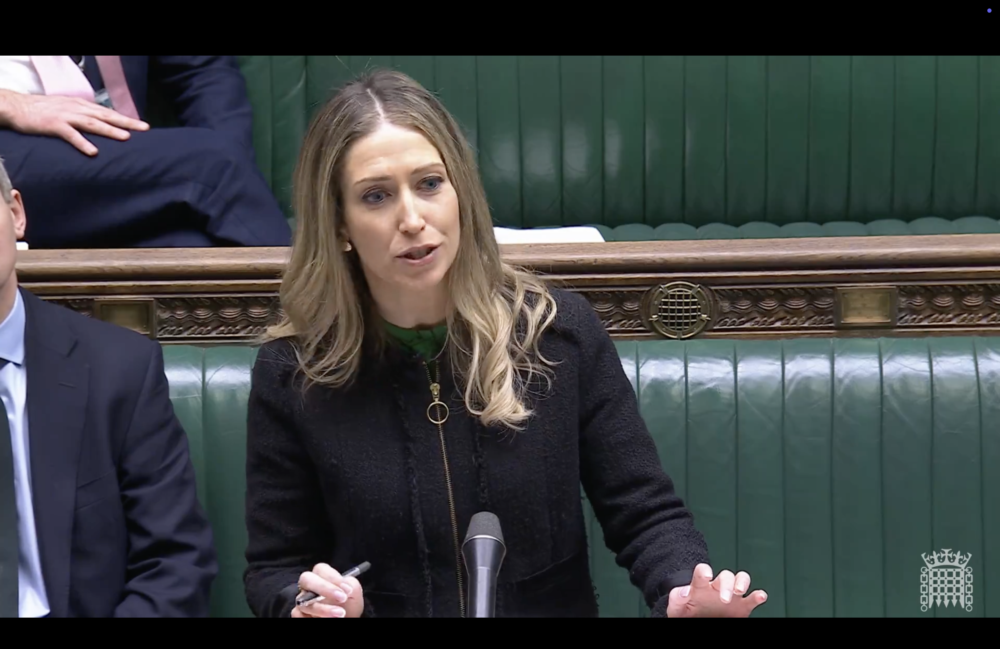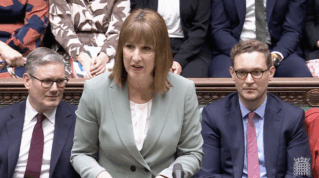Education secretary Bridget Phillipson has been accused of “thinking she knows better than employers” as legislation overhauling technical education and apprenticeships hit the floor of the House of Commons.
MPs debated the Institute for Apprenticeships and Technical Education (Transfer of Functions etc) bill for the first time on Tuesday.
The bill, which has already cleared the House of Lords, abolishes IfATE and gives its powers over technical education and apprenticeships to the secretary of state.
Once passed, standards and apprenticeship assessment plans can be developed and approved by ministers without the need to involve “groups of persons” like employers.
Shadow education secretary Laura Trott led the charge in the House of Commons.
She said the legislation “poses more risks than benefits and proves there is not parity of esteem for technical and academic qualifications within the government”.
She added: “Can you imagine the outcry if this was done with history GCSEs? It is extraordinary that the government are cutting out employers and giving sole discretion to the secretary of state. They would not allow it with academic qualifications; we must not allow it with vocational ones.
“The bill is another manifestation of the Department for Education centralisation spree. As with the children’s wellbeing and schools bill, everything must be controlled by the secretary of state. Does the Secretary of State think that she knows better than employers?”
Speedy Skills England
Powers absorbed by the secretary of state are expected to be handed to the government’s new skills body, Skills England. But Skills England is not mentioned in the bill and, unlike IfATE which was independent from government, has been set up as an agency within the DfE.
Attacks also came from Phillipson’s own side, with education select committee chair Helen Hayes challenging the bill’s “lack of statutory underpinning” for Skills England “meaning that the secretary of state or future secretaries of state can make fundamental changes to Skills England or close it down without the consent of parliament”.
Phillipson defended her bill, arguing that setting up Skills England within the department was necessary for “time and speed”.
“The need to act is urgent; we must get on with this and ensure that we tackle the chronic skills shortages right across our country,” she said.
A committee will now review the bill and debate amendments.
You can watch the debate in full here.

















Your thoughts